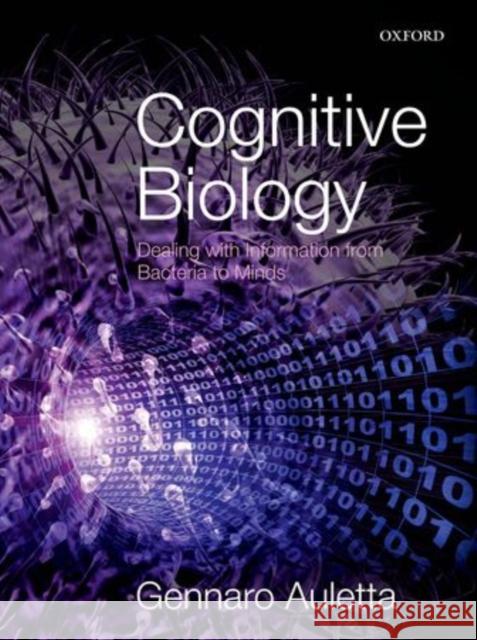Cognitive Biology: Dealing with Information from Bacteria to Minds » książka
Cognitive Biology: Dealing with Information from Bacteria to Minds
ISBN-13: 9780199608485 / Angielski / Twarda / 2011 / 880 str.
Providing a new conceptual scaffold for further research in biology and cognition, this book introduces the new field of Cognitive Biology: a systems biology approach showing that further progress in this field will depend on a deep recognition of developmental processes, as well as on the consideration of the developed organism as an agent able to modify and control its surrounding environment. The role of cognition, the means through which the organism is able to cope with its environment, cannot be underestimated. In particular, it is shown that this activity is grounded on a theory of information based on Bayesian probabilities. The organism is considered as a cybernetic system able to integrate a processor as a source of variety (the genetic system), a regulator of its own homeostasis (the metabolic system), and a selecting system separating the self from the non-self (the membrane in unicellular organisms). Any organism is a complex system that can survive only if it is able to maintain its internal order against the spontaneous tendency towards disruption. Therefore, it is forced to monitor and control its environment and so to establish feedback circuits resulting in co-adaptation. Cognitive and biological processes are shown to be inseparable.











